Blockchain technology is a way to secure and maintain authenticity in a world rife with counterfeiters and cheaters. Money, assets, liabilities, etc., are at risk as we progress toward complete digitization. We need a solid foundation to trust and rely upon. Blockchain might be the universal solution to all our concerns.
What is blockchain
The blockchain idea was introduced by Stuart Haber and W. Scott Stornetta in 1991. They formulated a computer program to time-stamp digital documents to avoid tampering/fooling. In the year 2008, Santoshi Nakamoto developed the blockchain model. It was initially designed as a part of the Bitcoin currency.
Blockchain is a digital tracker of transactions, technically a ledger. It is the most reliable and efficient bookkeeper. These transactions can be anything from securing data, money, or goods to enrolling the name for the ID card or elections. It provides top-notch security for registered information. It’s impossible to add, remove, or modify it by any other person instead of the user. Currently, credit cards or government verify all kinds of transactions. Blockchain will eliminate the hold of centralized bodies and establish a verification system with the user’s consent.
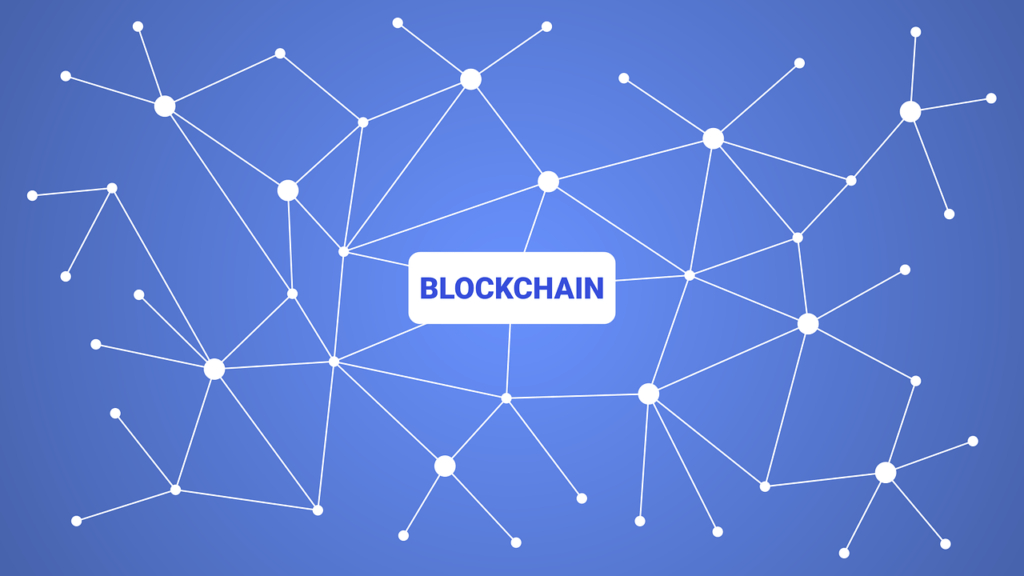
How does it work
Before understanding the working of blockchain, let’s just briefly discuss cryptography. Cryptography has been setting security standards for a long time. It has evolved from the classic age, the computer era, to the current state-of-the-art cryptography. It is a combination of mathematical concepts, codes, and algorithms to protect the confidentiality or encryption of the data and the communication.
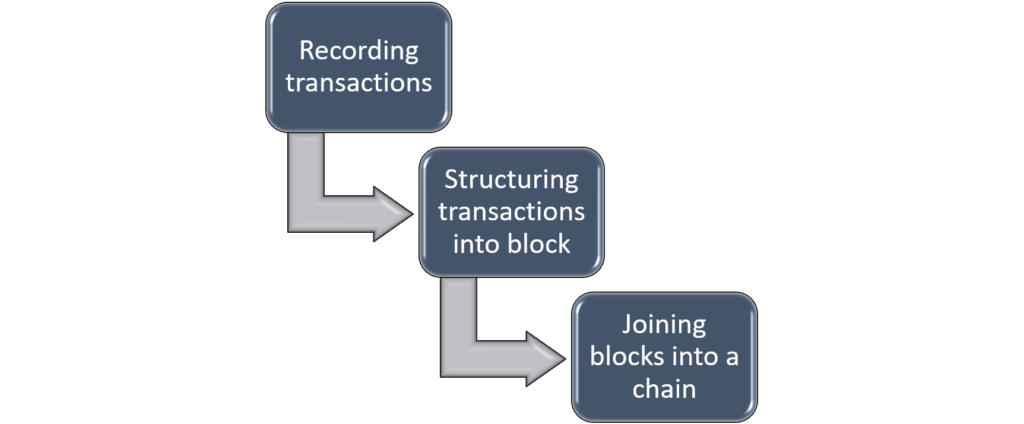
- Blockchain primarily collects and arranges information into blocks and ties them with cryptography.
- Recording a trade: Consider that A sells his estate to B. Blockchain records and shares this information with the other computers in the network.
- Structuring transactions into blocks: In a network, the record is merged with other transactions into a block which is a traditional database. Each trade is time-stamped. In a block, all the information is stored sequentially which prevents duplicate entries.
- Joining blocks into a chain: Blocks are transmitted to the network, where they are attached to chains.
- Time stamps on the blocks ensure that the data is in the correct order. This avoids confusion when other people on the network are sending their own blocks at the same time.
- This chain of blocks is protected with a unique string of characters known as # hash. Hash prevents the breakage of links.
- Hash is a trustworthy element in the blockchain. It makes records reliable by matching up with the chain.
Benefits of blockchain
Identity confirmation
Several people in the world are unable to prove their identity due to many reasons including no birth registration, losing documents due to natural calamities, and many more. Blockchain will solve this problem through its mobile-identity solution. By using this platform, individuals can verify, trace, and control their personal identities. Blockchain combined with IoT can even raise this bar higher with the integration of smart equipment.
Estonia is one such state to implement blockchain for tracking national digital identities.
Blockchain is the core part of smart cities.
Initial coin offerings
Blockchain-based initial coin offerings (ICO) authorize businesses to grow money without opting for stock exchange. Most ICOs are reserved for crypto companies and businesses. To participate, we must understand how crypto works and have a digital currency.
An ICO allows a start-up to raise money by providing a whitepaper about the company. ICO campaigns will be much like Jumpstarter campaigns in that they will specify the required amount of money, how much is kept by the founders, what type of money is accepted, and how long the campaign will last. During the campaign, anyone who likes the idea can support it. The ICO is unsuccessful if it fails to raise the required payment. A project can move forward if the necessary funding is raised.
Smart agreements
Today, a variety of deals are signed through different kinds of agreements. Nick Szabo introduced this concept back in the 1990s. Smart contracts are the programs stored in the blockchain that run after fulfilling prerequisites. They automatically execute agreements without involving any third party or middleman. These are self-managed contracts that don’t leave room for faults, dishonesty, and overprices.
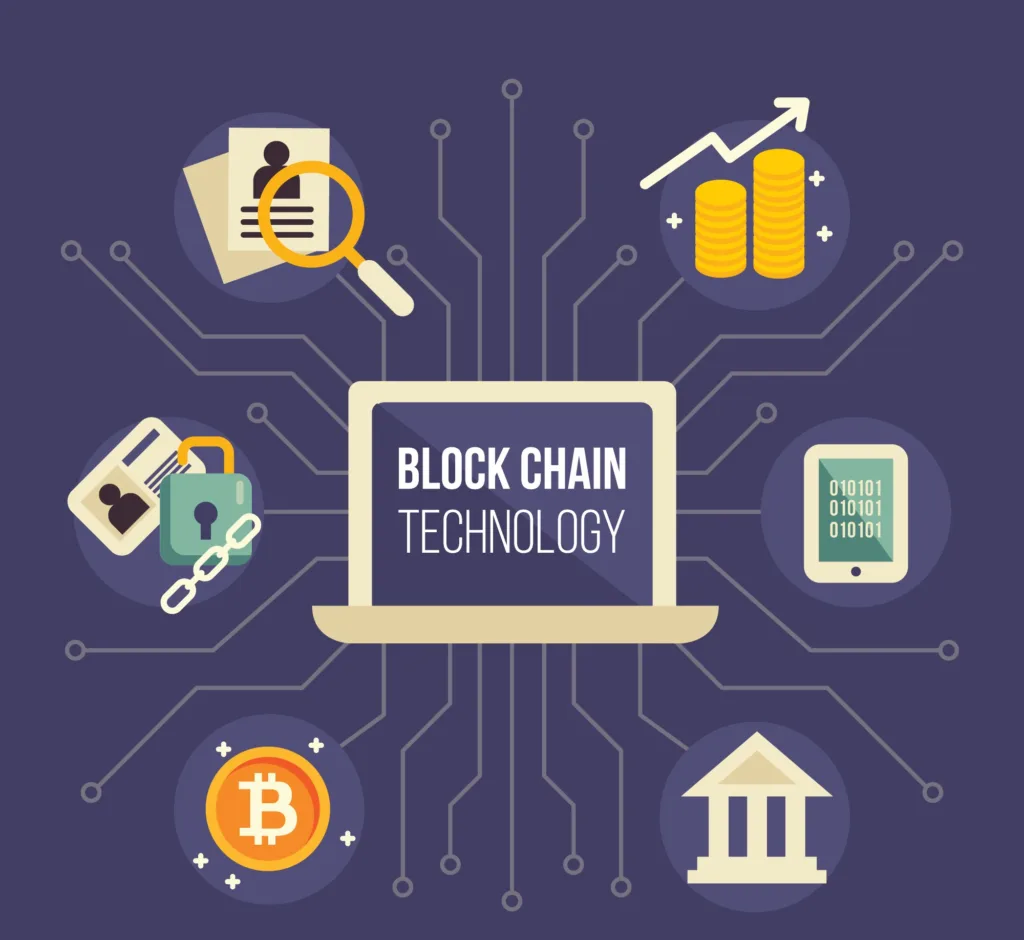
Read more, 9 valuable facts of NFT to watch out for.
Smooth operations
Companies often require vast amounts of paperwork. Blockchain links all these agreement details, legalities, NDAs, codes of conduct, business plans, and reports to create DACs – decentralized autonomous companies. We can start investing more time in building the business when time is no longer wasted on figuring out whether the paperwork is in place or not.
Easy Real estate deals
Buying a house or real estate can sometimes be an unfavorable situation. This becomes even scarier when we have to pay a huge amount of money for the process. Also, the involvement of banks, agents, and government officials can make this case stressful. Blockchain tackles all these issues with just one go. It requires the uploading of authentic legal documents. This eliminates the risk of fraud and makes the whole deal smooth.
ATLANT developed a model for real estate transactions.
Health concerns can be addressed conveniently
We often visit doctors or healthcare professionals to treat minor or major health concerns. We keep changing doctors frequently as we go through different stages of our lives. There is no ultimate solution to maintaining and tracking the record of our past diseases, health history, prescriptions, and treatments. Now, it is possible to record all this information, thanks to multipurpose blockchain technology.
Doctors can easily access our profile to know about allergies, family medical history, past treatments, and many more. All this data will be available at their fingertips. Estonia is using Blockchain for storing medical information.
The Supply chain will be streamlined
Supply chain management (SCM) is the most affected sector due to improper material tracking, counterfeit parts, lack of transparency, demand changes, extended value, and many other factors.
Blockchain combined with SCM can deal with this situation effectively. As previously mentioned, blockchain is accurate and can track each minor thing entering and leaving the facility. This will benefit both parties: supplier and consumer. It quickly analyzes the product details and is a great tool to find out the root cause of the problem.
Companies like Walmart, Ford, and FedEx are already using this for streamlining SCM activities.
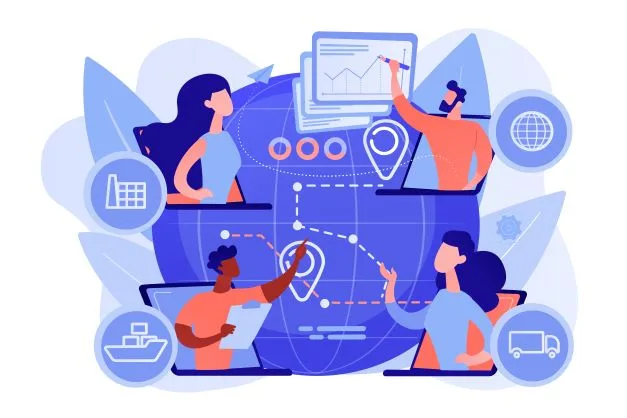
Charging stations for electric cars
In blockchain applications, electric vehicle (EV) owners can share their private EV chargers with those who need them to trade power. They can do so through specialized digital P2P charging platforms.
RWE, a German utility company, was the first to install a blockchain-powered charging station in 2016. As a result, some of the world’s biggest automotive plants have designed incentive and data networks based on blockchain technology.
Ownership Tracking
Imagine, if we have any expensive luxury stuff that gets stolen, it will really be painful. We will neither be able to track it nor prove our ownership. Blockchain can record transactions, update ownership, and track the item or any valuable possession.
This is not limited to tracking luxurious stuff. Even if we have filed a patent, written a book, or registered some sort of work, then also we are eligible to claim the ownership.
Security of money
This is the last and the most important one on our list. Money is everything and keeping it safe and sound matters the most. The bank transactions are transparent, and hence nobody can fake them. All the records are 100% accurate, so there won’t be any confusion regarding money. Blockchain technology is advantageous to banks as it reduces infrastructure costs.
Additionally, there is little human involvement, so only a few mistakes can occur if any. It is a great alternative to bank accounts, especially for people in underdeveloped countries. For people working abroad, sending money to their families is just a matter of one click.
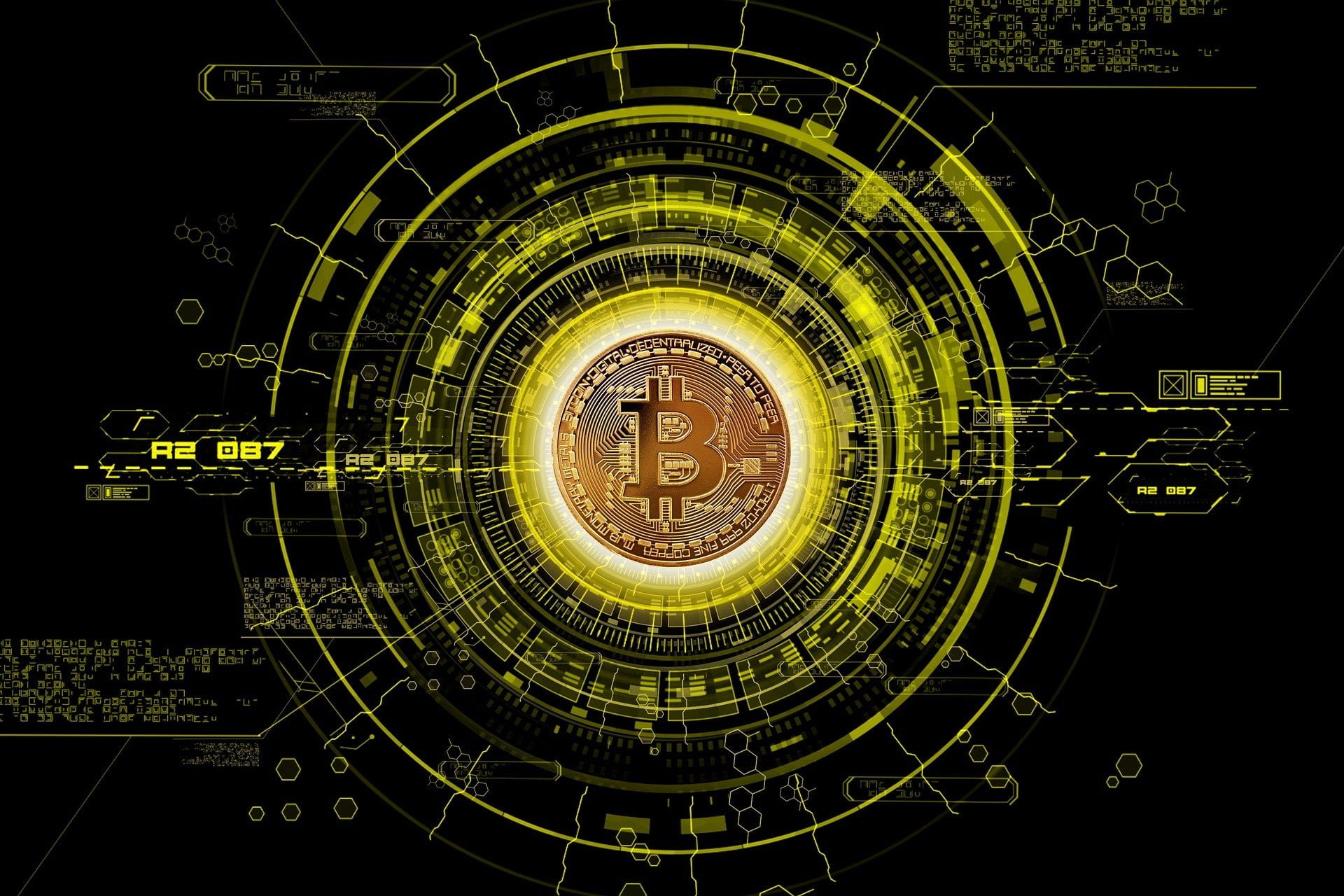

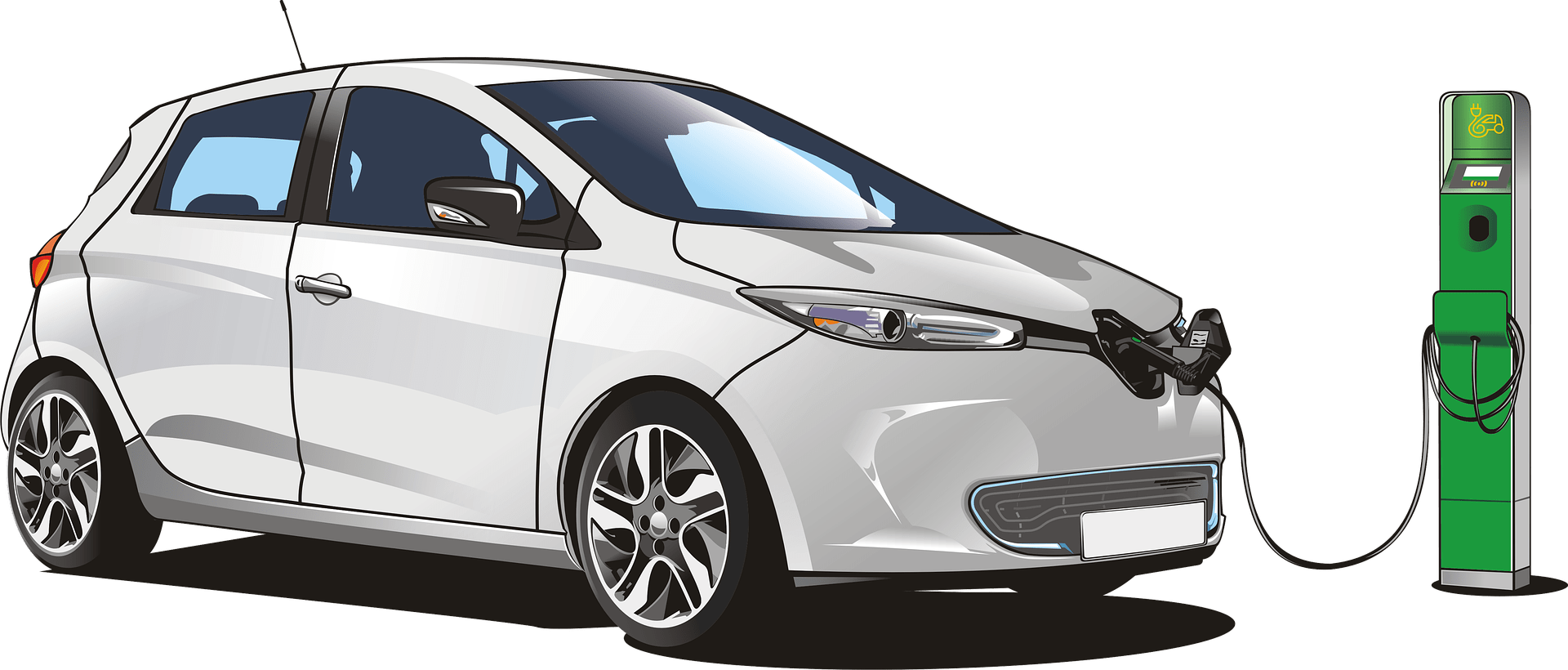

[…] that is not regulated by any central authority. The existence of cryptocurrency is controlled by blockchain. This was supposed to be the field of financial experts and tech-savvy. Since the massive outbreak […]
[…] instance, consider banks and blockchain technology. The bank acts as a centralized body that keeps an eye on all the activities. On the other hand, a […]
[…] is not only limited to entertainment but also generates value for users, thanks to blockchain technology. We have already emphasized the importance of cryptocurrency and how NFTs (non-fungible tokens) are […]
[…] goods: NFT (non-fungible token) is a blockchain mark representing the authority over the product (songs, photos, paintings, etc.). NFTs are unique […]
[…] contracts are the intelligent means to automate multiple types of agreements using blockchain technology. Blockchain allows multiple nodes to collaborate on securing and maintaining shared transaction […]
[…] 3.0 is the third-gen of the internet built from different technologies like blockchain, machine learning, artificial intelligence, etc. It was valued at $1890 million in 2021 and is […]
[…] token is the latest buzzword these days. It represents digital ownership of assets created through blockchain technology. It’s a fascinating crypto project and gaining a lot of attention from commercial giants […]
[…] an essential part of linking devices with people in smart cities. It may comprise services like 5G, blockchain, […]